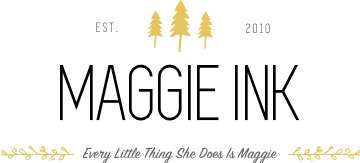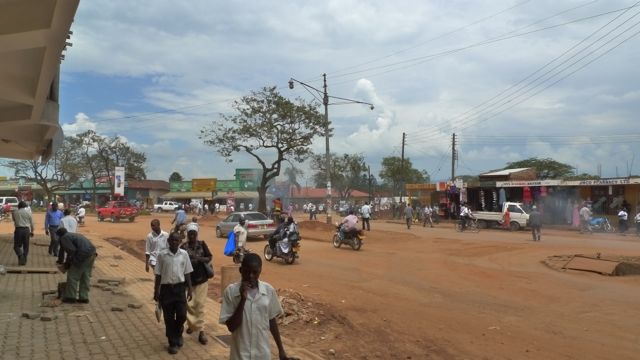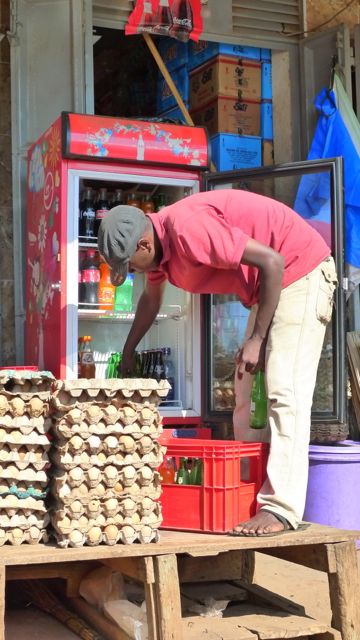“Your George Bush had it right,” said John. His voice was deep and dark as blackstrap molasses.
“Whoa,” I said. “He is not my George Bush.”
John was a stranger. Just someone who offered to sit with me for a soda.
The table between us was flimsy red plastic, bleached pink by the sun. A nearby vendor sold sachets of drinking water. Salespeople squatted near sacks of potatoes. The air trembled from the sound of voices, feet, traffic.
“I mean to say, the George Bush of your country knows how to be a leader.”
“Oh?”
The concrete sidewalks were packed so thick with orange dust, you’d think they were dirt. A constant stream of scooters flowed down the street.
“Yes, George W. Bush knows the quickest way to make people happy and safe is to take away freedom,” John said. “He gives the people no choices.”
“I like having choices.”
“You Americans,” he shook his head. “The problem is that you have too much freedom.”
John tilted his chair, balanced on the two back legs. He lifted a glass bottle to his mouth and took a mighty swig of Coca-Cola. He swallowed audibly, then let out a long, “Ahhhh …”
I laughed. A Ugandan man giving me his take on America’s problems, pausing to take a big gulp from the most American of drinks. It couldn’t have been scripted better.
It was one of those moments that makes traveling worthwhile. The intersection of two human lives. An honest conversation over a plastic table. Looking at my own world from a dramatically different perspective.
John really did make me examine my thoughts about George W. Bush. He made me wonder how someone could come to this conclusion — that removing choice is an efficient way of keeping people happy — and see that as a positive thing. I struggled to understand John’s point of view, and he made an effort to understand mine. It led to a richer, layered and ultimately memorable conversation about what happened in our lives to shape our belief systems.
The other day I watched “The Way,” a movie written and directed by Emilio Estevez, who is also the center of the film. He plays a backpacker who dies on El Camino de Santiago, an 800-kilometer pilgrimage route through France and Spain. His father (Martin Sheen, appropriately) ends up making the trek his son never completed. Along the way he meets an unusual cast of characters. An overweight, jovial Dutchman. An Irish writer in search of a cure for writer’s block. A secretive and brash Canadian. The hikers quickly become friends, because that’s what travel does to people — it’s a unifier. It tosses strangers together and turns them into friends. It pushes the fast-forward button on relationships.
Being wildly out of place makes everyone vulnerable. And that vulnerable spot is exactly where the transitions occur.
Travel breaks down language into the most simple terms. There is no pretense, nothing to hide and nothing to lose. It is popping open a vein and letting the truth spill out because the very next day you could be 3,000 miles away. It is everything the internet is supposed to be and often is not.
It means that a light conversation over a shared soda can transform into the deep, unsettling questions that actually matter: Who are you? What do you believe? What made you that way? Where do you belong? Somehow, some way, a sun-bleached plastic table is found to meet in the space in between.
It’s what I miss most about backpacking, and it makes me yearn to get back on the road. Had John posted these thoughts on Facebook, I wouldn’t hesitate to unfriend him. But in front of me, he was a challenging and interesting composite. I didn’t agree with his views, but I respected them and I took time to try to understand them. I don’t think I do that now with people in my own country, and it’s something I’m working hard to change.



